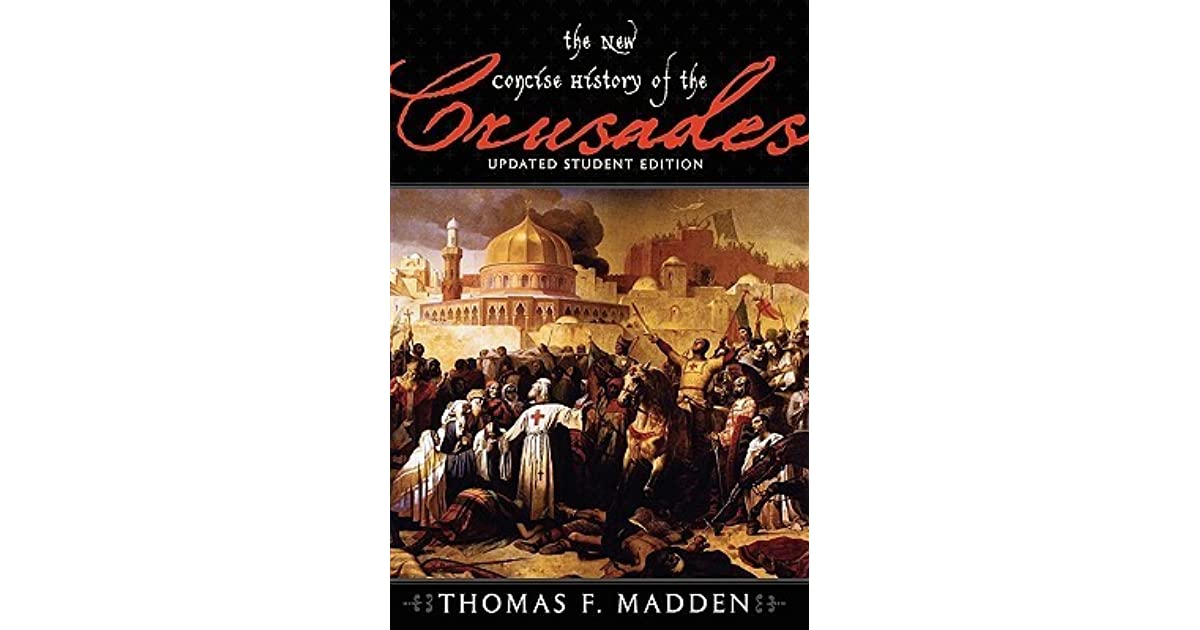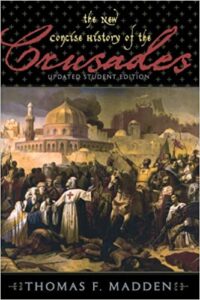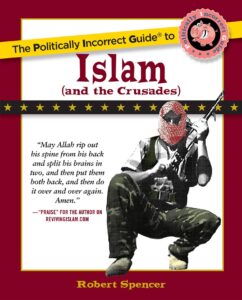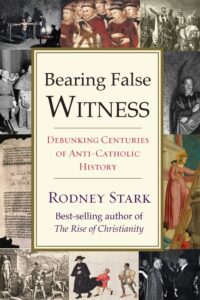Physical Address
304 North Cardinal St.
Dorchester Center, MA 02124
Physical Address
304 North Cardinal St.
Dorchester Center, MA 02124

The Best and Latest in Conservative Thought

One of the most purposefully misunderstood periods of history, most of what you know about Crusades is false.
The authors below are looking to reclaim the narrative with frank historical facts and the fortitude to forego politically incorrectness.
These are the best books on the Crusades.
The New Concise History of the Crusades

Concise from only an historical perspective, this book is thoroughly detailed analysis of the history of the Crusades, from their earliest days to the defence of Vienna.
Middle East historian Thomas F Madden goes to great lengths to clarify the misconception about the Crusades, that they were unprovoked attacks on Islam that were often embarked upon for riches or as a spiritual war by ambitious popes.
In fact, Madden goes to the origin of the Crusades, outlining how they were almost always a defensive war, fought to reclaim land taken by the Muslim world. In fact, when they first began, Muslims had already conquered two-thirds of the old Christian world.
To give it some modern conquest, Madden compares it to the American invasion of Normandy to retake the continent of Europe during World War II.
This book outlines the origins of Muslim expansion into the Christian world and the different Crusades taken over hundreds of years. Finally, it culminates in the battle for Vienna, representing a sort of last-stand for Christianity, not just in Europe, but the world.
He also dedicates time and effort to the struggle of the Jewish people during the Crusades, being caught in the crossfire between two waring world powers.
During all of this, Madden dismantles theories that the Crusades were driven by riches, outlining how almost no treasure ever came back. He also tackles the concept hat they were a war of Christian aggression, showcasing how Muslims in conquered lands were allowed to keep their faith.
A bloody period, no doubt, the Western world as we know it today owes its existence to the Crusades.
The Politically Incorrect Guide to Islam (and the Crusades)

Buy this book now before its illegal to do so.
“The Politically Incorrect Guide to Island (and the Crusades)” Robert Spencer boldly details the origins of Islamic violence and hatred. He debunks myths and exposes the facts, shedding light on the historical Crusades as he goes.
In this book you’ll learn how Islam has treated non-Muslims throughout history, how the religion limited the growth of science and the brutal conquests of Islam throughout history.
Spencer highlights the teachings of Muhammad and the Qur’an, while detailing the true beliefs and how they have been carried out over the centuries.
He then goes further to outline how modern American Muslim groups are working to whitewash Islamic history and their religion, with the help of left-wing academics, and the dangerous results this can have. Going a step further, he lays out a guide of what to do next, from properly understanding the true beliefs of Islam to outlawing groups that support terrorism.
Bearing False Witness: Debunking Centuries of Anti-Catholic History

From the Crusades to the Spanish Inquisition, to the Dark Ages and the role of Pope Pius XII during World War II, the modern understanding of the Catholic Church in key world events couldn’t be more misunderstood.
Historian Rodney Stark debunks many of the popular beliefs about the role of the Church in history and sets the record straight.
More importantly, he digs into why most people believe these falsehoods before revealing the historical and empirical truth.
Chapter by Chapter, Stark takes one commonly misheld belief after another and dismantles it, from Pope Pius XII’s alleged sympathies towards the Nazis to the wrong-headed notion of the Dark Ages as a time absent of intellectual inquiry based on the Church’s authoritarian decrees.
Piece by piece and concept by concept, this book is a factual takedown of the commonly held falsehood about the Catholic Church.
The Glory of the Crusades

A new take, and a fair take, on the Crusades, historian Steve Weidenkopf challenges modern beliefs about this period in history.
Reading almost like a novel, Weidenkopf relies on the latest medieval scholarship to understand the Crusades in the context of the time: as a war fought by Christians to reclaim holy lands and subjugated peoples.
But can the be called “glorious”? In many respects, and in historical context, they most certainly can. And yet, Weidenkopf doesn’t whitewash history. He give an unvarnished account of great battles, victories, defeats, heroes and villains.